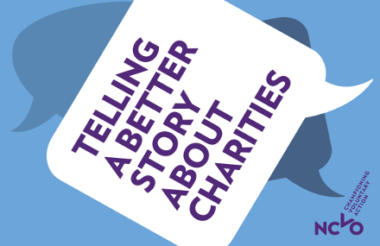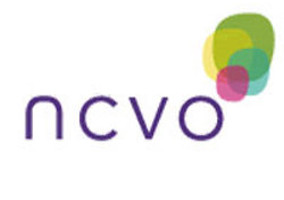Changes in wording and language can either positively or negatively affect how the public views controversial charity issues, according to a new guide published by NCVO.
The National Council for Voluntary Organisations has today published a communications toolkit for charities to “help inform responses to charity issues that the public are concerned about” on its website.
The guide was draws on focus group research conducted by consultancy Britain Thinks, and says the language charities use around “controversial” issues, or in the face of crises, can either positively or negatively affect public views on the issues.
NCVO’s research showed that, when talking about controversial issues, the public wanted charities to acknowledge concerns, be transparent in a proactive way, give examples of behavioural change, demonstrate impact, use simple language as opposed to “management speak” and not use “facts and figures to make your case”.
Templates
The guide also sets out some templates for charities to help discuss issues including high chief executive pay, whether or not donations are spent on administration, and questions around “why do charities hound people for money, particularly vulnerable groups like the elderly”.
The research also found that the public prefer words like “volunteer boards” rather than “trustees”, for example, as “many people are not familiar with the term” trustee, and feel it gives an “instinctively negative impression of trustees as rich people”.
A spokesman for NCVO said of the new guide: “Some small changes to the language we use can have a powerful effect on how a message is received.
“It can take some extra effort to use simpler language and the right tone, especially when dealing with dry matters like finance and pay, but our research suggests it’s definitely worthwhile.
“There’s no single solution to securing public trust, but speaking in language the public understand and appreciate is an important element.”
The spokesman also said that the need for such a guide came out of some of the issues faced by charities, in particular around fundraising in the last year or so.
He said NCVO were “conscious that for lots of charity communicators, they're mainly talking about their issues, and they know how to do that effectively. But when it comes to talking about how their organisation itself is run, that's something they will do less often and may feel less comfortable with.”
The guide is available to be downloaded in full on NCVO’s website.
Related Articles












